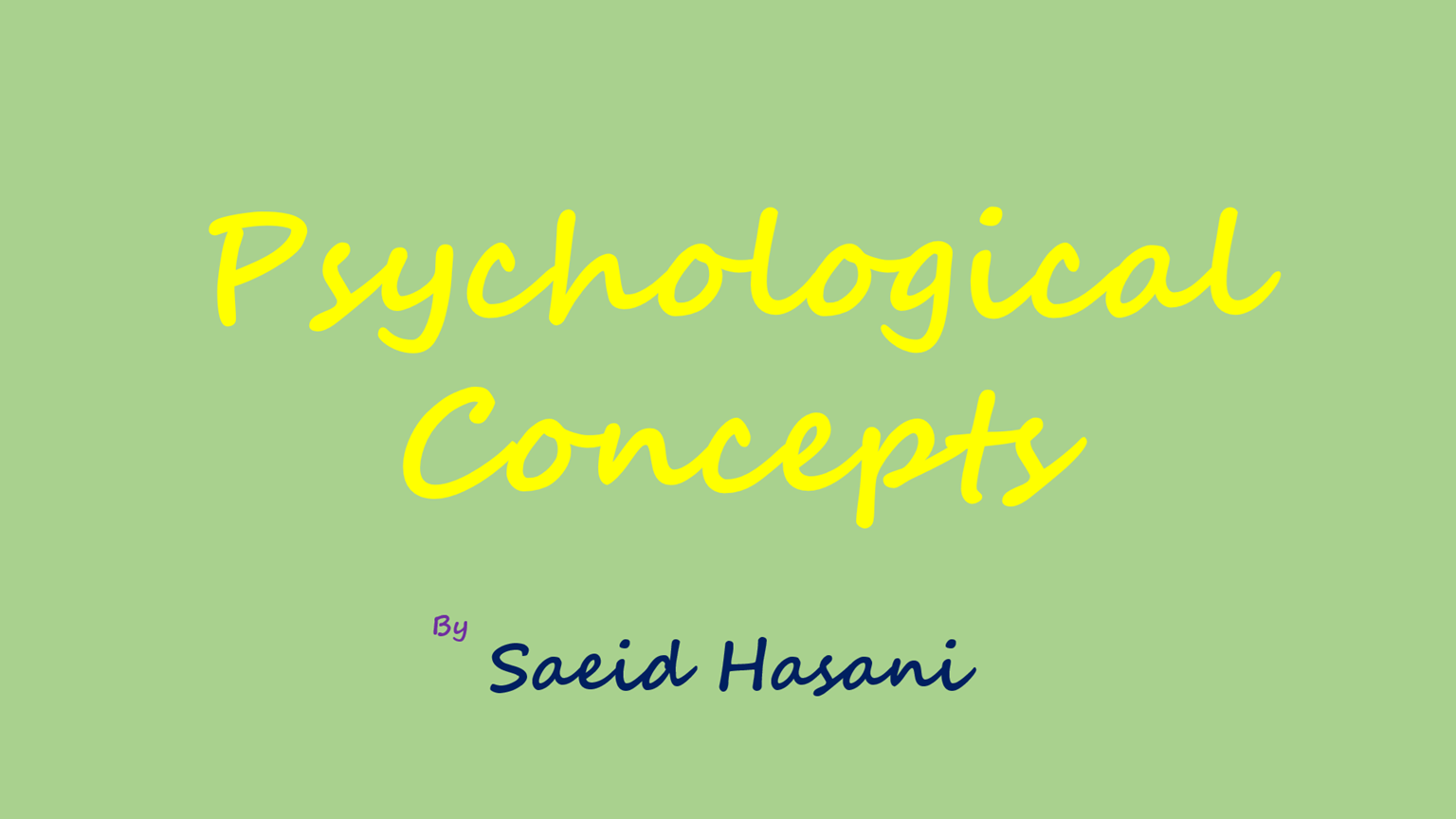While mindset, outlook, and attitude are related concepts in psychology, they have distinct meanings:
1: Mindset (Deeply Held Beliefs & Cognitive Framework)
- Refers to a set of beliefs or a mental framework that shapes how a person interprets and responds to the world.
- Often long-term and affects how we approach challenges, learning, and personal growth.
- Example: A person with a growth mindset (Dweck, 2006) believes intelligence and skills can be developed, whereas a fixed mindset sees them as innate and unchangeable.
2: Outlook (General Perspective on Life)
- A broad perspective on life, events, and the future.
- Can be optimistic, pessimistic, neutral, or balanced.
- Influences how we perceive challenges, opportunities, and emotions.
- Example: Someone with a positive outlook sees failures as learning opportunities, while a negative outlook might view them as proof of inadequacy.
3: Attitude (Emotional & Behavioral Disposition)
- A learned tendency to respond in a particular way to people, objects, or situations.
- Has three components:
- Cognitive (thoughts) – “Exercise is beneficial.”
- Affective (feelings) – “I enjoy exercising.”
- Behavioral (actions) – Going to the gym regularly.
- Example: A person can have a positive attitude toward work but a pessimistic outlook about life in general.
4: Key Differences:
| Concept | Definition | Key Influence | Example |
|---|---|---|---|
| Mindset | Deeply held beliefs about abilities & potential | Cognitive framework | “I can always improve with effort.” (Growth Mindset) |
| Outlook | General perspective on life and future | Emotional & perceptual lens | “The future is full of opportunities.” (Optimistic Outlook) |
| Attitude | Specific emotional & behavioral response to an object or situation | Thought, emotion, & action | “I love public speaking.” (Positive Attitude toward public speaking) |
5: Theories it has been based on:
(1) Mindset → Based on Carol Dweck’s Mindset Theory (2006), which explores fixed vs. growth mindset and how beliefs about intelligence and ability shape behavior.
(2) Outlook → Linked to Positive Psychology (Martin Seligman, 1991), which studies optimism, pessimism, and explanatory styles affecting mental well-being.
(3) Attitude → Comes from Attitude Theory in Social Psychology, including:
– The ABC Model of Attitude (Affect, Behavior, Cognition)
– Cognitive Dissonance Theory (Festinger, 1957) explaining how we adjust attitudes to reduce internal conflict.
– Elaboration Likelihood Model (Petty & Cacioppo, 1986) on how persuasion changes attitudes.







4 comments On Psychological Concepts: The difference between Mindset, Attitude & Outlook
My favorite part:
” A person with a growth mindset (Dweck, 2006) believes intelligence and skills can be developed, whereas a fixed mindset sees them as innate and unchangeable.”
The definition of Intelligence is different here. I guess by intelligence it meant “The ways we use our intelligence”.
Because the bad news is “Intelligence” is fixed from your childhood and it’s genetic-related.
I enjoy when I read the differences in various concepts
and admire the process that you have to compare them.
Your notes give me another attitude to the distinction among words.
Words are the sources of understanding, the way we perceive them can change our world.